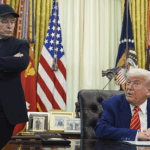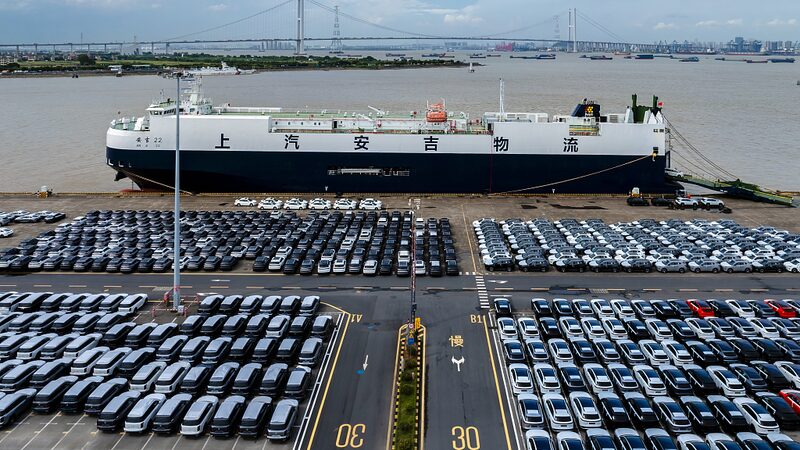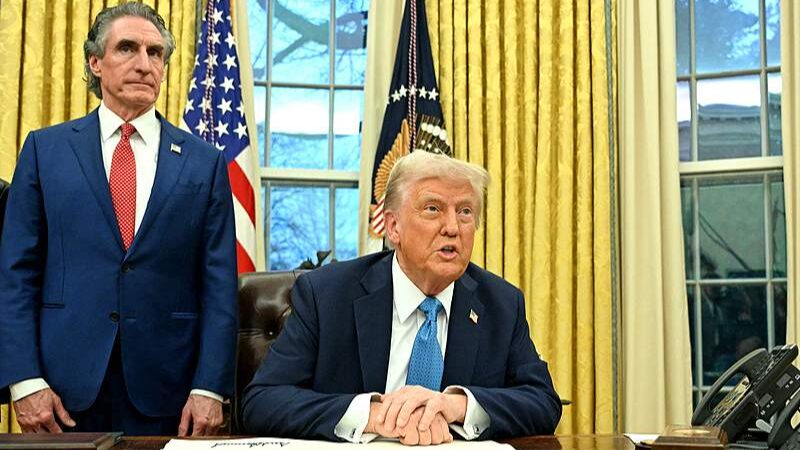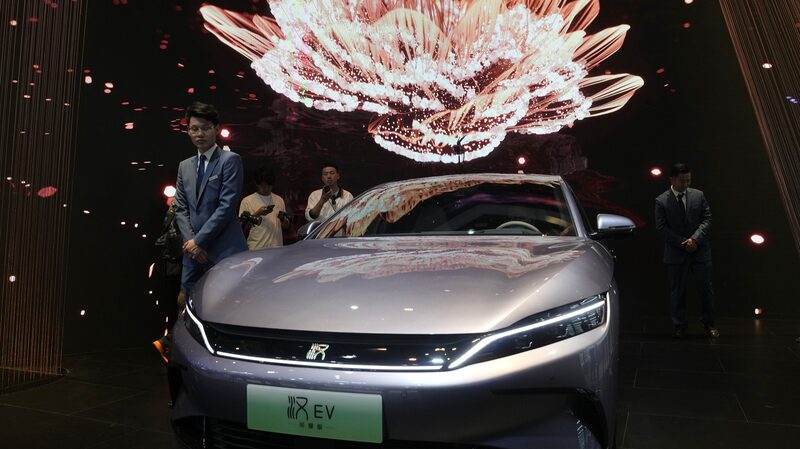The EU’s decision to impose tariffs on Chinese electric vehicles (EVs) is sparking debate—and might be slowing its own green goals. ⚡️ Here’s why this policy could be a roadblock for everyone.
🚗 What’s Happening?
The EU recently announced plans to investigate Chinese EV imports for \"unfair subsidies,\" threatening retroactive tariffs. Critics argue this \"anti-subsidy\" move hurts Europe more than China. In 2023, only 14.6% of cars sold in the EU were pure EVs, far below its 2035 zero-emissions target. Restricting affordable Chinese EVs could delay progress, experts say.
⚡ Why It Matters
Chinese brands like BYD are dominating global EV sales alongside Tesla, while European automakers lag. By limiting competition, the EU risks stifling innovation and raising costs for consumers. Analysts call it a \"lose-lose\" scenario, especially since Chinese companies like CATL are investing in European factories, boosting local economies.
🌱 The Bigger Picture: ‘De-Risking’ Drama
The tariffs align with the EU’s \"de-risking\" strategy toward China—a policy criticized for its vagueness. Framing collaboration as a \"risk\" undermines partnerships in clean energy, a sector both sides need to thrive. 🚀 With companies like Volkswagen expanding in China and BYD growing in Europe, cooperation could fast-track green tech for all.
Bottom line? Teamwork makes the EV dream work. 🛠️💚
Reference(s):
cgtn.com




